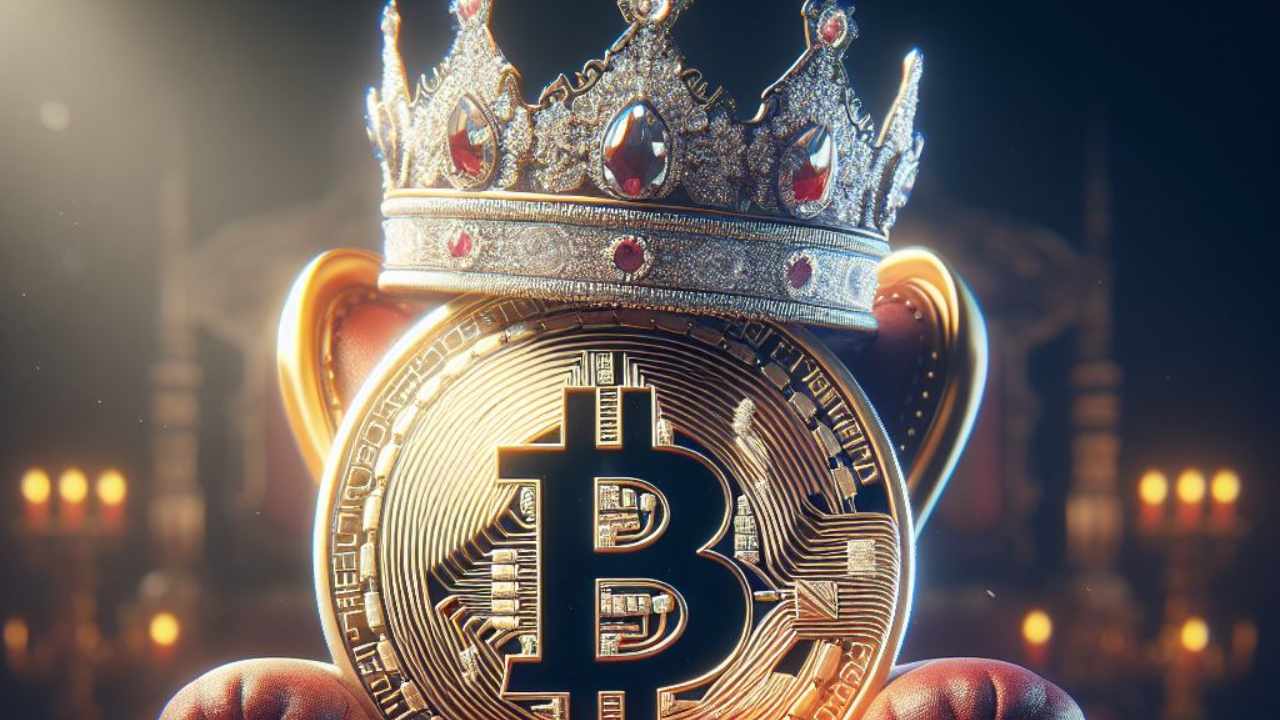Op-ed: Cryptocurrency Is Emerging as a Mainstream Asset Class
As is often the case with disruptive tech, the early stages are filled with criticism and disdain. Entrenched industry players hold firm to old ways (remember Kodak and the digital camera revolution?). That has been a huge part of cryptocurrency’s history and still is, though to a much lesser degree. Cryptocurrency has shaken up traditional banking, investing, and monetary policies. It will mark a different point in the history books. One of the most interesting footnotes will be that the crypto revolution started with a coin where the original creator was a mystery and stay that way while its marketcap expanded exponentially. Satoshi’s is like the story of Socrates back in ancient times. He never wrote down anything himself and remained a mysterious figure. However, his work and thoughts inspired others and changed Western thought for all time. It’s a mind-boggling assumption that Satoshi Nakamoto could stand out in history as a modern-day Socrates. Let’s just hope the Satoshi Fire Alarm doesn’t somehow mess up this pleasant story thought any time soon. The Bumpy Road to LegitimacyWhile there is still a lot to be decided in terms of regulation and governance, I will state that cryptocurrency in general has arrived. By “arrived,” I mean that most people have heard of it and regulators around the world are coming to accept it, to different degrees, and sometimes begrudgingly. And it’s hard to ignore that traditional banking and hedge fund gurus are warming up to it as well, if not completely jumping the ship of traditional firms into the boat of crypto. When there hasn’t been an asset class in a long time that has taken the attention of entire generations, the high finance oracles could potentially miss a good asset for gaining new customer accounts. Millennials still feel acutely aware of the housing crash a decade ago and its impact on the equities markets. Many feel the crash’s sting on their families who lost homes or couldn’t retire at the time they expected. Thus, for better or worse, this generation has been more cautious on investing in the stock market. Traditional finance needs this massive population in the prime of their working years. When the products they have always relied on don’t interest this group like the generations before, they need something, and cryptocurrency has come at a time when something new is most needed. I expect to see institutional investment firms spin up their own in-house products for retail investors. They will not rely on exchanges to make packages for them. Firms have always relied on an edge that puts them ahead of other firms in some way, and this has almost always been in exclusive product offerings. For example, this could be mutual funds that outperform the index, ultra low management fees, highly speculative funds in risky sectors with the potential for higher rewards, etc. I believe that the ground work is already being laid for institution investors to hop aboard the crypto boat in earnest. In the United States, Coinbase has led the pack on working with regulators and offering products that target the needs of institutions, who look for much more legitimacy in the way of reporting, capital security, and regulatory requirements. Crypto vs. Precious Metals as a Cash Safe HavenWith more funds currently holding cash, it will be interesting to see the ways crypto emerges as a cash equivalent. As CCN reported, bitcoin is already becoming the new “fear gauge” much like gold price has been. When securities and even bonds aren’t showing good returns, and people are on edge about the economy, the standard safe haven has been precious metals. Bitcoin seems to be slowing rising as an alternative safe haven for money that doesn’t erode to inflation. However, right now, the price swings aren’t like any precious metals, but the rate of return could be much better than any saving account interest or money market. Crypto thus behaves like so many different asset classes, and I don’t see it being narrowed down to just one anytime soon. Regulators are trying to push for a single classification, leaning towards securities, but they should take care as strict classification could harm the current and potential uses of blockchain technology. As a store of cash, it could potentially become much more efficient than gold if it widely accepted by retailers. When payments settle fast, it’s like having gold available on your phone at all times for purchases. In this way, it acts as a currency/security/savings account type of asset. No other asset type has straddled so many purposes like this before. What the Future HoldsI hope that there will be a point where we reach “ultimate acceptance.” By this, I mean that cryptocurrencies will have weathered the pending regulation storm, won over the hearts of the media, bankers, and retail investors. This would be a point where you can mention “Bitcoin” to a stranger and not receive an emotionally charged response, either pro or con. The work of education going on in communities and exchanges is paying off and will continue to pay off, helping each day the gradual trudge toward ultimate acceptance. Cryptocurrency is leaving its adolescence behind. Disclaimer: The views expressed in the article are solely that of the author and do not represent those of, nor should they be attributed to CCN
